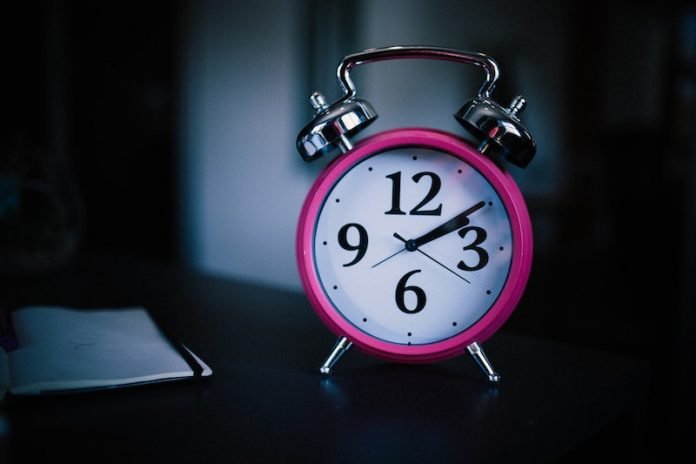
In a new study, researchers found that people with high ADHD traits that do not meet the criteria for a diagnosis are less able to perform tasks involving attentional regulation or emotional control after a sleepless night.
The research was conducted by a team from Karolinska Institutet.
While it can cause multiple cognitive impairments, there is considerable individual variation in sensitivity to the effects of insomnia. The reason for this variability has been an unresolved research question.
In the study, the team examined how sleep deprivation affects executive functions, which is to say, the central cognitive processes that govern our thoughts and actions.
They also wanted to ascertain if people with ADHD tendencies are more sensitive to insomnia, with more severe functional impairments as a result.
ADHD (attention deficit hyperactivity disorder) is characterized by inattention, impulsiveness and hyperactivity; however, the symptoms vary from person to person and often also include emotional instability.
The study included 180 healthy participants between the ages of 17 and 45 without an ADHD diagnosis.
Their tendencies toward inattentiveness and emotional instability were assessed.
The participants were randomly assigned to two groups: one that was allowed to sleep normally and one that was deprived of sleep for one night.
They were then instructed to perform a test that measures executive functions and emotional control the following day.
The researchers found that the sleep-deprived group showed worse performance in the tasks.
Moreover, people with high ADHD traits were more vulnerable to sleep deprivation and showed greater impairment than those with low ADHD traits.
The effects were also related to the most prominent type of subclinical ADHD-like symptom.
After being deprived of sleep, the participants who displayed more everyday problems with emotional instability had larger problems with the cognitive task involving emotional regulation, and those who had more everyday inattention symptoms had larger problems with the non-emotional cognitive task.
The team says if people with high ADHD traits regularly get too little sleep, they will perform worse cognitively and, what’s more, their symptoms might even end up at a clinically significant level.
One author of the study is Predrag Petrovic, a consultant and associate professor in psychiatry.
The study is published in Biological Psychiatry: Cognitive Neuroscience and Neuroimaging.
Copyright © 2020 Knowridge Science Report. All rights reserved.



